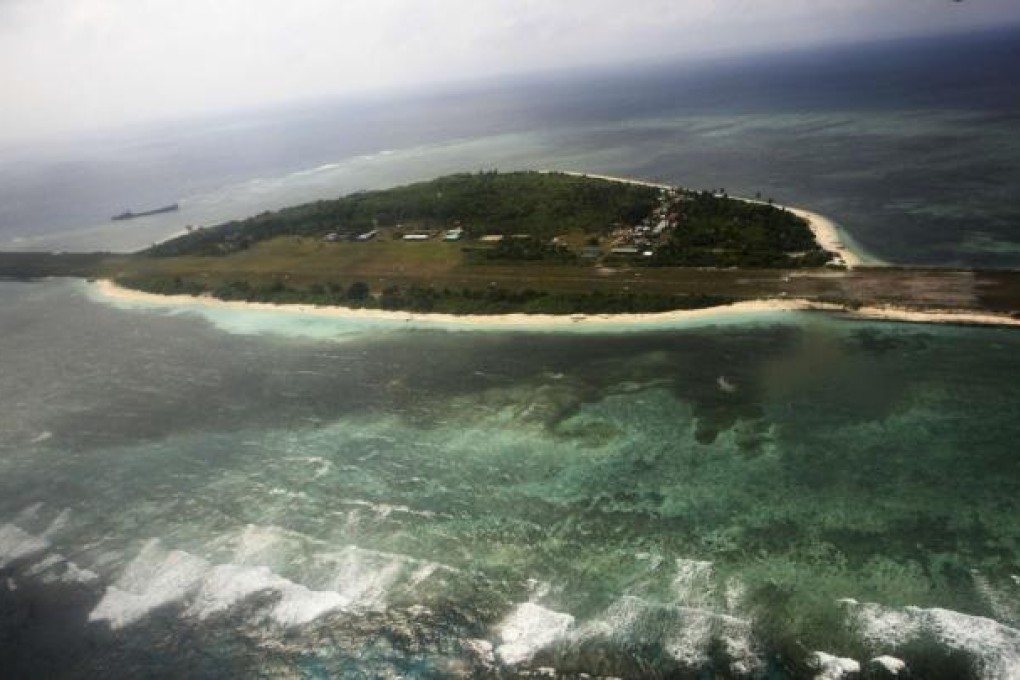Opinion | Manila's lonely path over South China Sea
Greg Torode says Manila stands very much alone - for now - in its decision to take Beijing to UN arbitration over the South China Sea

It is probably just as well that Philippine lawyers and officials spent months quietly working out the strategy and legal steps required to force China to UN arbitration over the South China Sea. For, nearly three weeks after Manila launched its unprecedented action, it is increasingly clear that theirs will be a lonely road.
The sound of collective teeth sucking has been audible in pockets across Southeast Asia, particularly Singapore, amid fears the unilateral move will further dent the already battered hopes that the Association of Southeast Asian Nations and China can successfully negotiate an easing of tensions.
A Singaporean foreign ministry statement was noticeably bland, while an editorial in The Straits Times warned of the "provocative effect" of Manila's gambit and its threat to Asean-China efforts. The editorial noted that even if a judgment went the Philippines' way, Manila would have "no mandate or capacity to enforce it", so "other Asean claimants may be circumspect about following the Philippines' litigious lead".
In the words of one Singaporean scholar, it was hardly a ringing endorsement from a nation with a long track record of publicly urging China to clarify the controversial "nine-dash line" on which it bases its claim to virtually the entire South China Sea. Singapore is not a claimant but, like Indonesia, is close to the southern reach of the line.
Vietnam is a claimant and is the only other nation, along with China, to claim the Paracel and Spratly island groups in their entirety. Hanoi, too, was formally cautious, noting the rights of countries to take action under the UN Convention on the Law of the Sea. In private, however, there may have been a few champagne corks popped to celebrate an effort that, if it cracks open the Chinese claim, will create considerable relief in Vietnam.
Chinese state media, meanwhile, have chimed in. The People's Daily said "the Philippines speaking ill of China and attempt at internationalising the South China Sea issue" would damage its interests, Sino-Philippine ties and regional stability.
